On August 3, Dr. Andrew Wells-Dang, senior expert on Vietnam at the Asia Center of the United States Institute of Peace (USIP), shared with VNA reporters in Washington about the lessons learned from the Gulf of Tonkin incident 60 years ago and the US war in Vietnam.
Dr. Andrew Wells-Dang mentioned the famous African-American activist Martin Luther King when he spoke out against the US Government 's aggressive war in Vietnam.
Martin Luther King said: “We must admit that we were wrong from the beginning with our adventure in Vietnam, that we have damaged the lives of the Vietnamese people. To atone for these mistakes, we must take the initiative to end this tragic war.”
Obviously, the US government's escalation of the war through the Gulf of Tonkin incident in early August 1964 met with opposition from international public opinion, which soon signaled the development of the anti-war movement in the US and around the world in the following period.
Dr. Andrew Well-Dang believes this was the biggest lesson of the 1960s.
Martin Luther King was famous as a human rights leader and Nobel Peace Prize winner, but his opposition to the US war in Vietnam was controversial at the time.
Some Americans believe that he should focus on the fight for human rights and freedom for black Americans, and not get involved in foreign affairs.
However, Martin Luther King believed that the Vietnam War and the civil rights movement were related.
Dr. Andrew Well-Dang emphasized that Martin Luther King was right to speak out against the war.
First, many African Americans were sent to Vietnam to fight in a war they did not want to start and did not support.
Second, as Martin Luther King wrote, “injustice anywhere is a threat to justice everywhere.”
Dr. Andrew Well-Dang believes that time has proven that Martin Luther King was right. Now, most American politicians agree that the Vietnam War was a mistake.
According to Dr. Andrew Well, USIP is a global academy for peacebuilding. Therefore, USIP honors Martin Luther King, Mahatma Gandhi – the leaders who pioneered the peacebuilding movement of the 20th century.
Continuing the legacy of activist Martin Luther King, who devoted his life to fighting for peace, USIP wants to apply the lessons of peacebuilding and reconciliation between the United States and Vietnam to other global conflicts.
Peace begins with education, and we can all learn from the examples of peacebuilders around the world./.
(TTXVN/Vietnam+)
Source: https://www.vietnamplus.vn/phan-lon-chinh-gioi-my-thua-nhan-chien-tranh-viet-nam-la-sai-lam-post968677.vnp







![[Photo] Cat Ba - Green island paradise](/_next/image?url=https%3A%2F%2Fvphoto.vietnam.vn%2Fthumb%2F1200x675%2Fvietnam%2Fresource%2FIMAGE%2F2025%2F12%2F04%2F1764821844074_ndo_br_1-dcbthienduongxanh638-jpg.webp&w=3840&q=75)
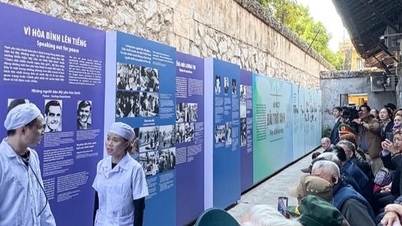



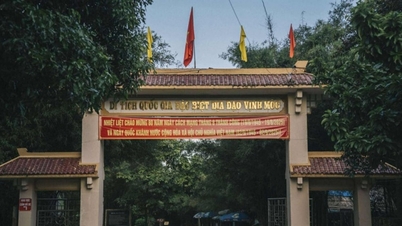

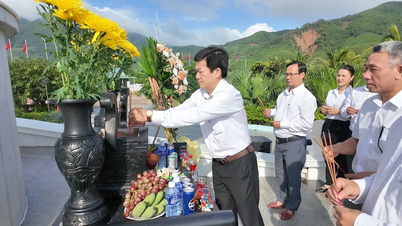




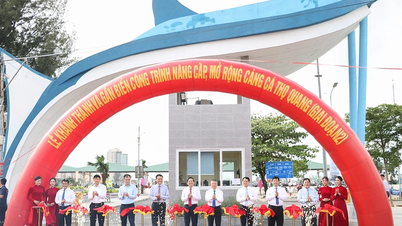





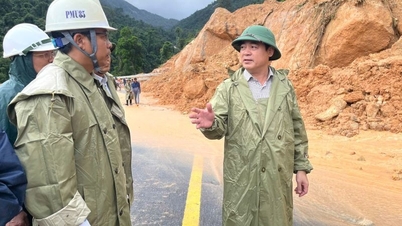

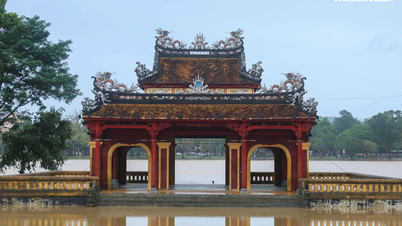





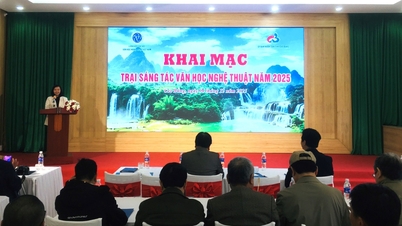




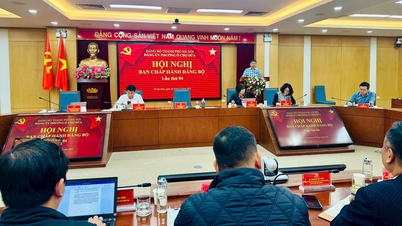

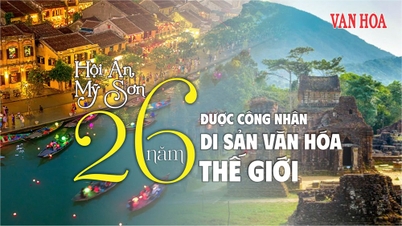

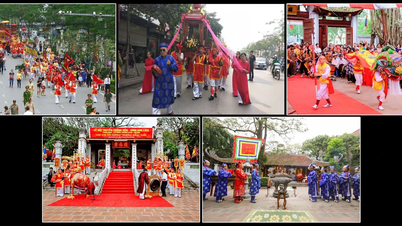
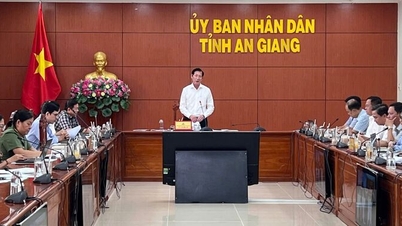



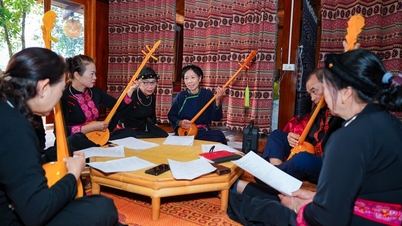






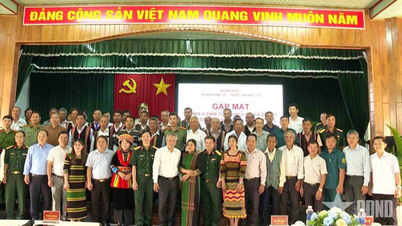



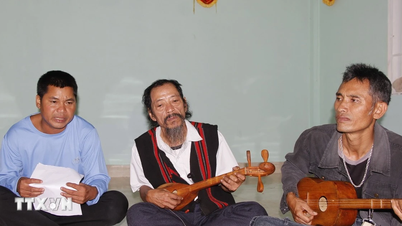

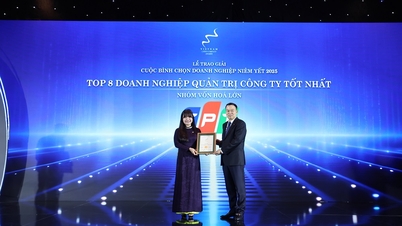

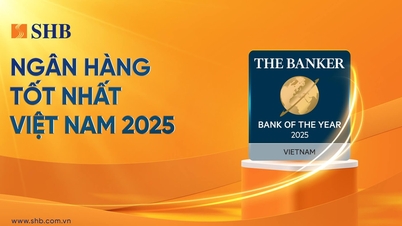

![[VIMC 40 days of lightning speed] Da Nang Port: Unity - Lightning speed - Breakthrough to the finish line](https://vphoto.vietnam.vn/thumb/402x226/vietnam/resource/IMAGE/2025/12/04/1764833540882_cdn_4-12-25.jpeg)
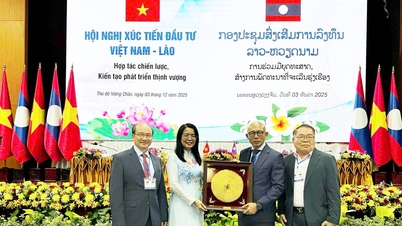
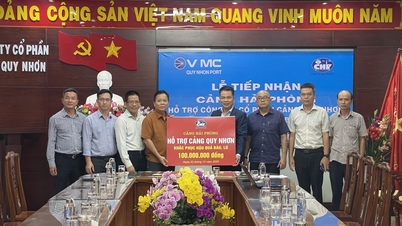










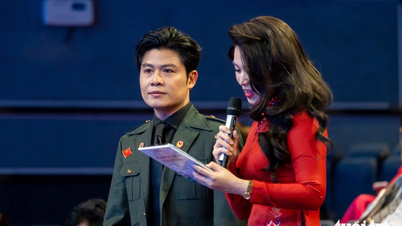


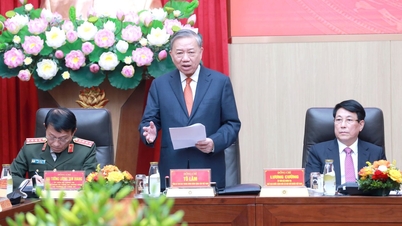

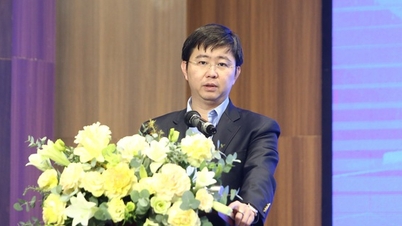

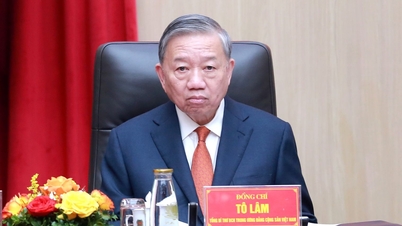













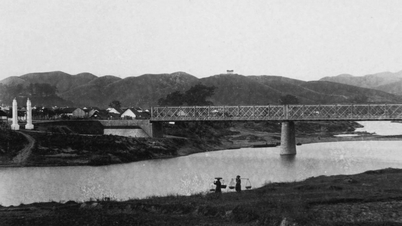















Comment (0)